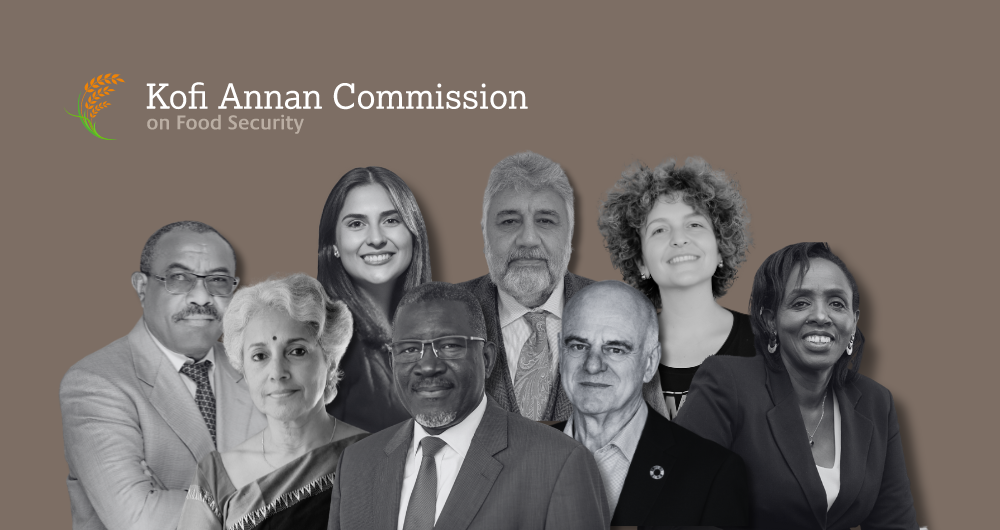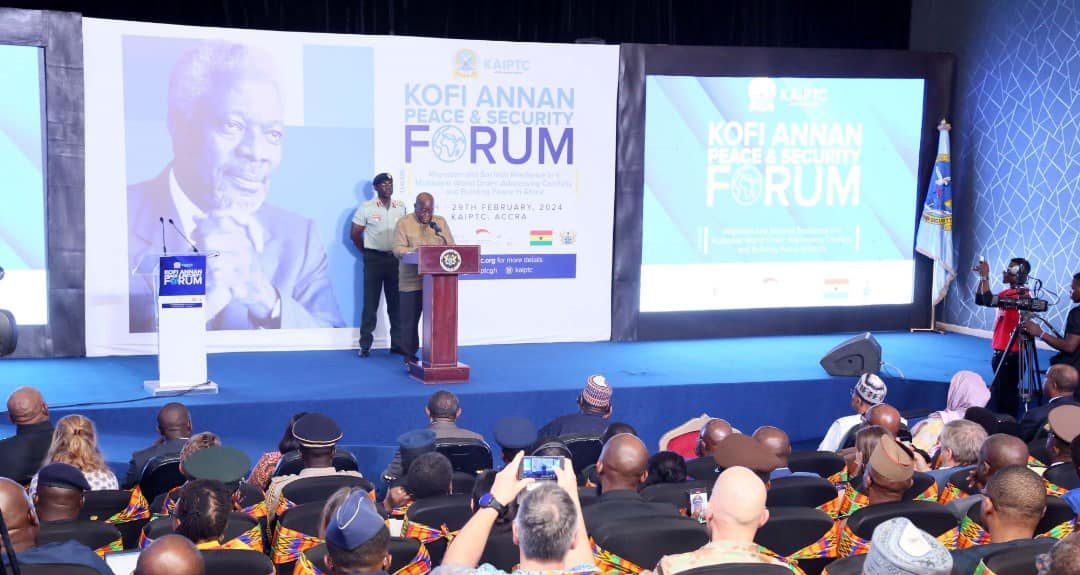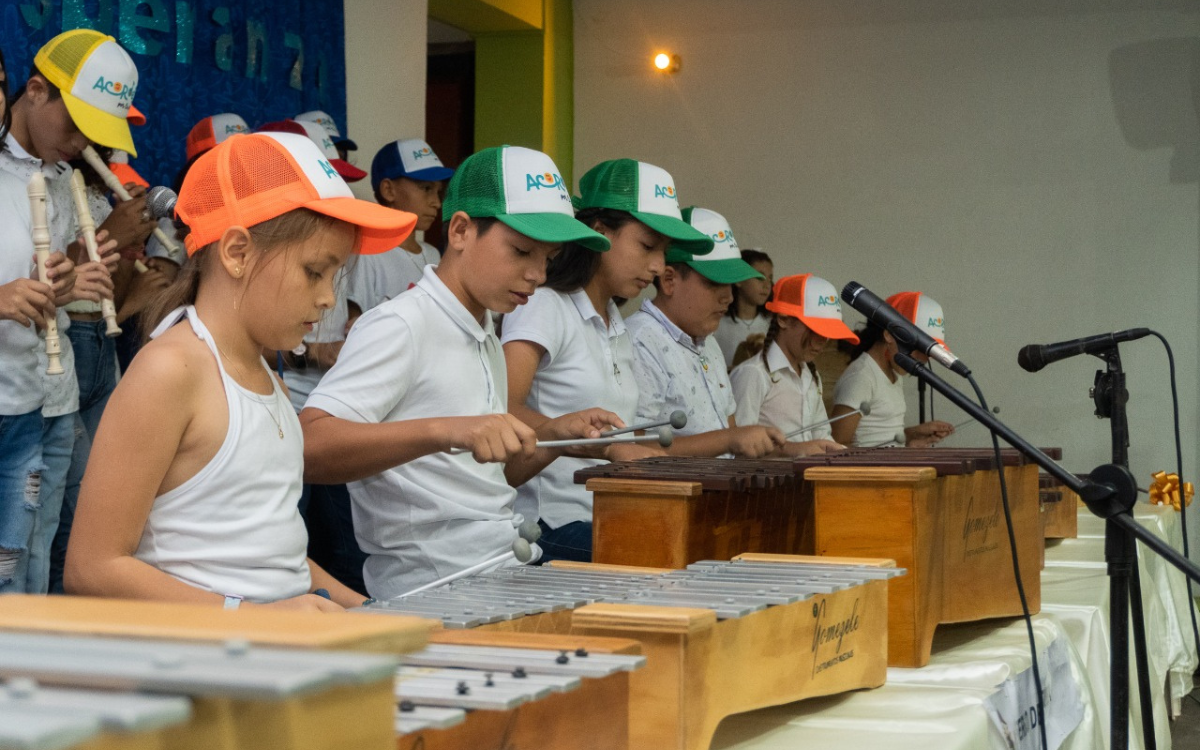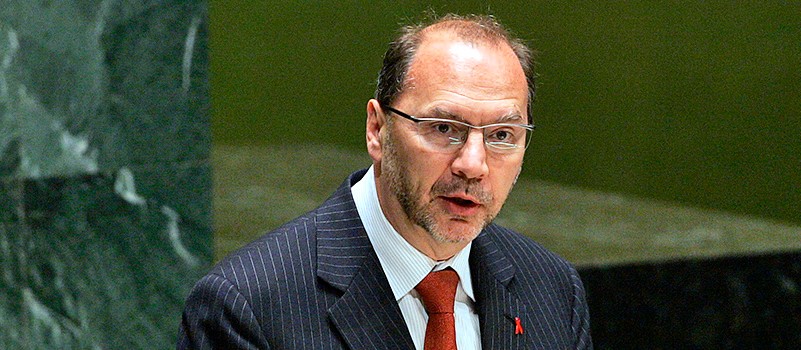Kofi Annan calls for bold new approach to tackling fragile states
“We have a collective responsibility to do more to repair and strengthen the damaged fabric of fragile states. Not just for the good of their own citizens but for peace and stability in the rest of the world as well.” – Kofi Annan
Former UN Secretary-General appeals to the self-interest of the international community to take collective responsibility.
Kofi Annan today calls for a new, long-term and coherent approach to tackling fragile states.
Addressing a ceremony to mark the 25th anniversary of the Clingendael Institute at The Hague in the Netherlands, the former UN Secretary-General states that “we have a collective responsibility to do more to repair and strengthen the damaged fabric of fragile states. Not just for the good of their own citizens but for peace and stability in the rest of the world as well. Defining fragile states as nations where the state lacks either the will or the capacity to deliver the most basic services to their citizens, Kofi Annan reveals that:
- Some 40 countries containing 900 million people can be classified as fragile states
- While fragile states account for some 14% of the world’s population, they hold 30% of those living on less than $1 dollar a day
- One in three citizens of fragile states are undernourished – a rate twice as high as in other poor countries
Citing the situation in Zimbabwe as an example, Mr Annan says that "due to the abject failure of its leadership, it is now moving rapidly to becoming a full-blown failed state". He states that "the collapse of Zimbabwe’s agricultural sector means a country which used to export food to its neighbours can no longer feed its own people. Five million malnourished Zimbabweans urgently require food aid. A cholera epidemic is spreading quickly. And the impact is seen across the region"
Kofi Annan prescribes a new approach to dealing with fragile states, saying that: "we need to be bold. We need to think long-term. And we need to act together."
- "First we need to recognise the scale of the problem and acknowledge that one in six of our fellow human beings live in states where they lack the most basic services or protections.
- "Second, we have to act on the truism that prevention is always better– and much cheaper – than a cure. We need to move from the prevailing culture of reaction to a genuine culture of prevention. We need early warning systems so we can respond in a timely way to prevent problems escalating into a crisis – and fragile states from becoming failed ones.
- "Third, we need a co-ordinated, long-term and collective approach which crosses all national, regional and multi-lateral levels. We need to focus strongly on building up the capacity of effective state institutions and civil society without which no long term progress is possible. And we need to include local actors in the setting of aid priorities as well as rethink the prevailing conditionalities that are often attached to them."
- "And fourth, we should ensure that despair at the complexity and seriousness of the problems we face does not prevent us from working together to overcome them." Pointing to Mozambique as an example of what can be achieved "through good leadership and the targeted support of the entire international community" Kofi Annan says that "we need to show the same courage and commitment in helping all fragile states overcome their problems."



